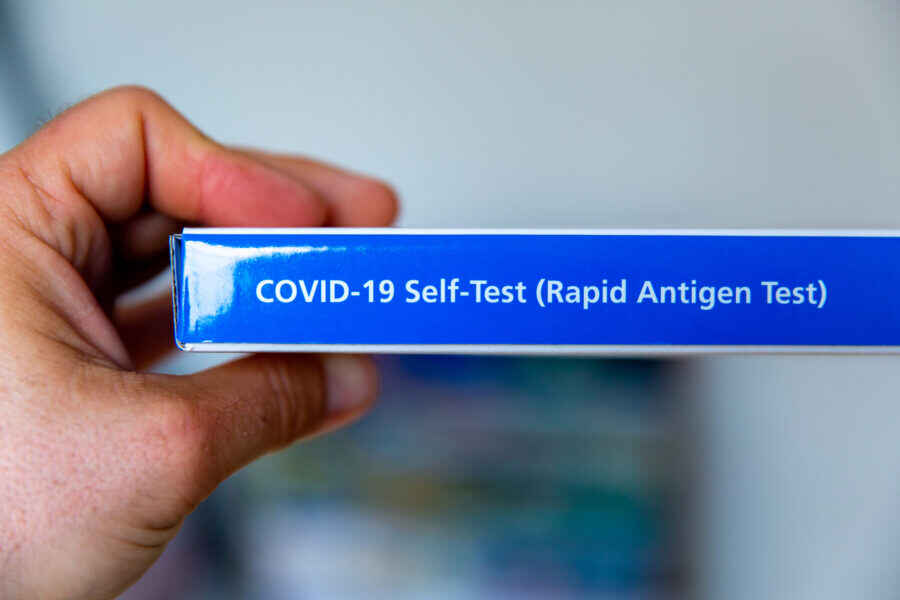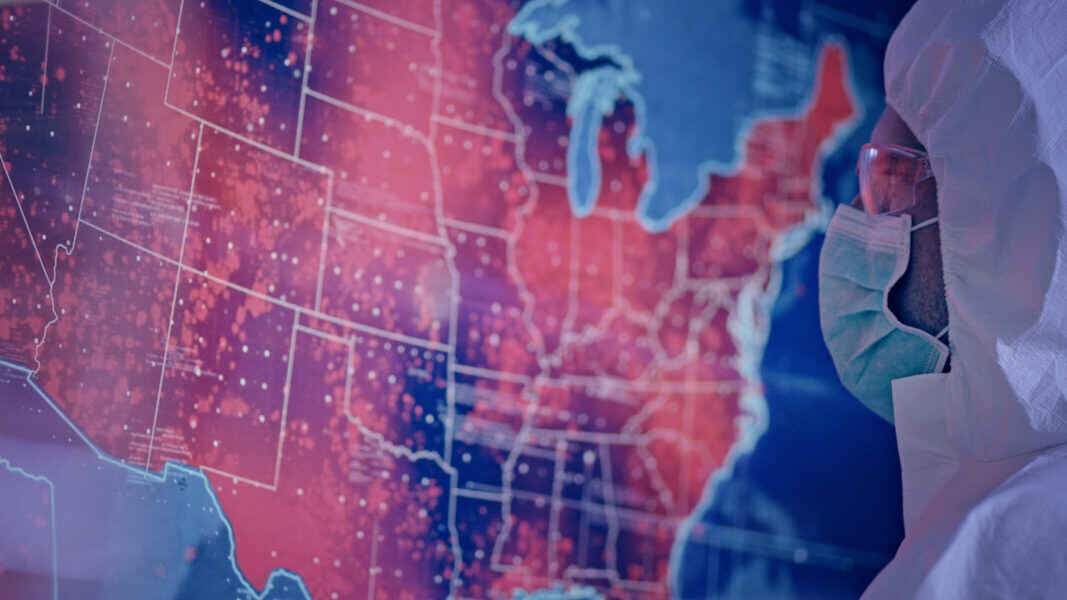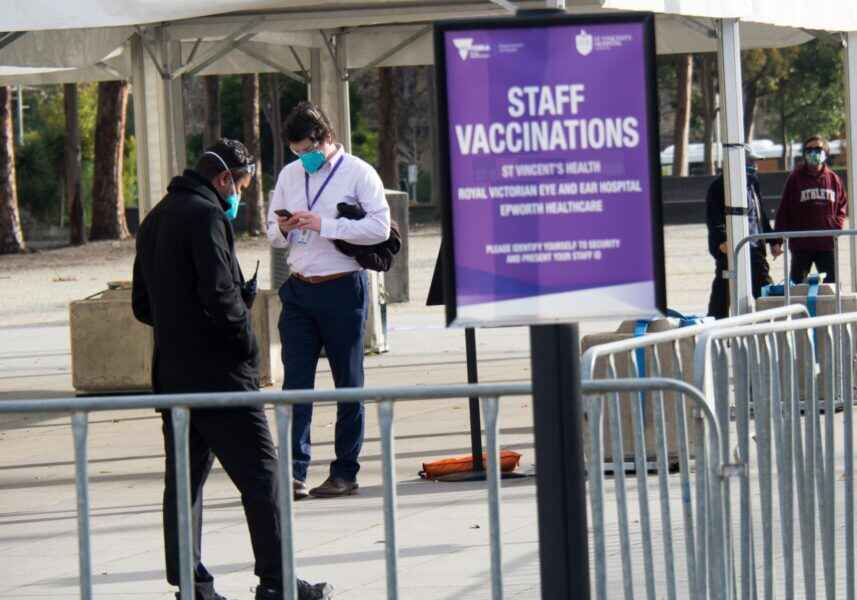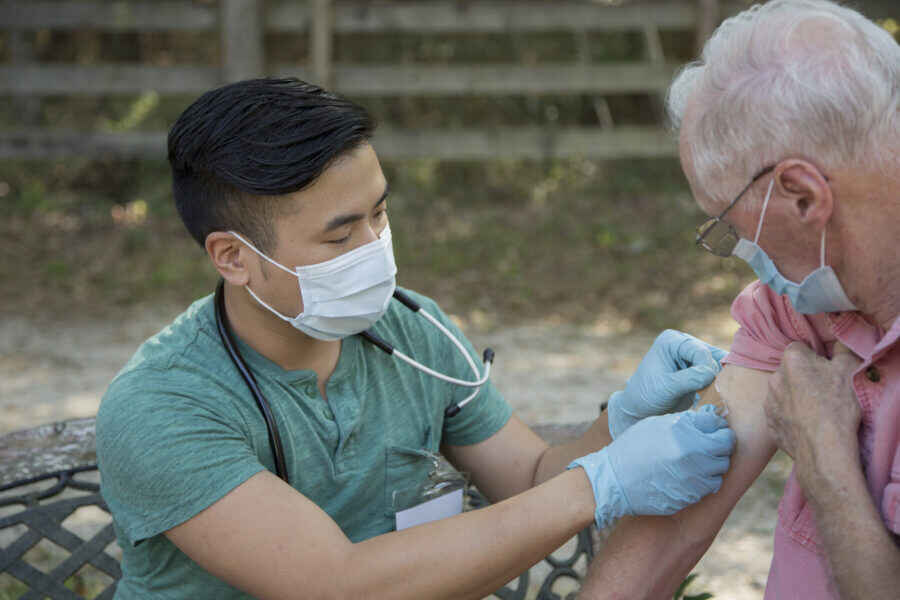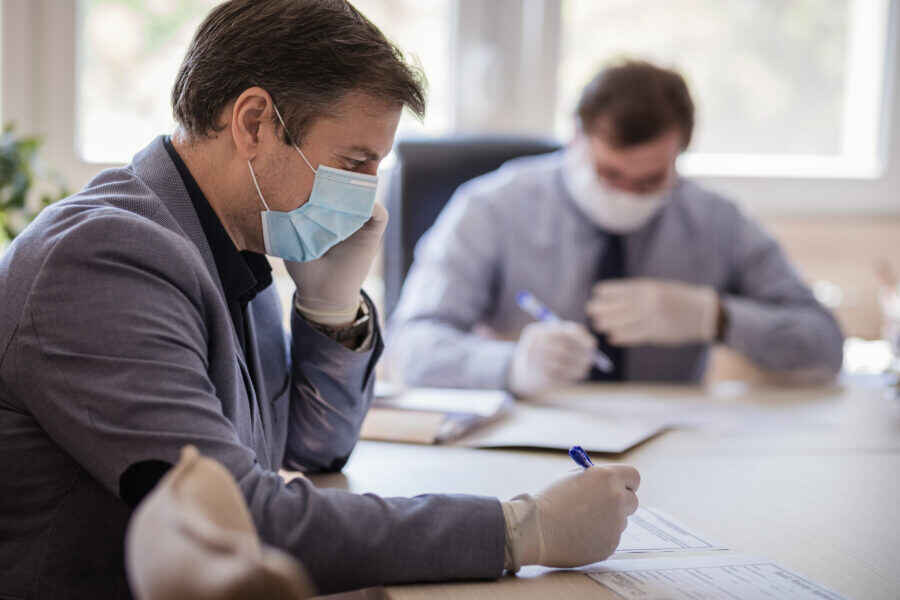
Guidance: State COVID-19 Emergency Declarations
GuidanceCOVID-19Emergency Legal Preparedness and ResponseSince the inception of the COVID-19 pandemic in early 2020, every state, most territories, hundreds of tribal governments, and thousands of municipalities have declared various levels of emergencies. This document provides a comprehensive snapshot of the current status of various state-level emergency declarations issued in response to COVID-19 based on data provided by the National Governors Association, the Network for Public Health Law, and other sources.

